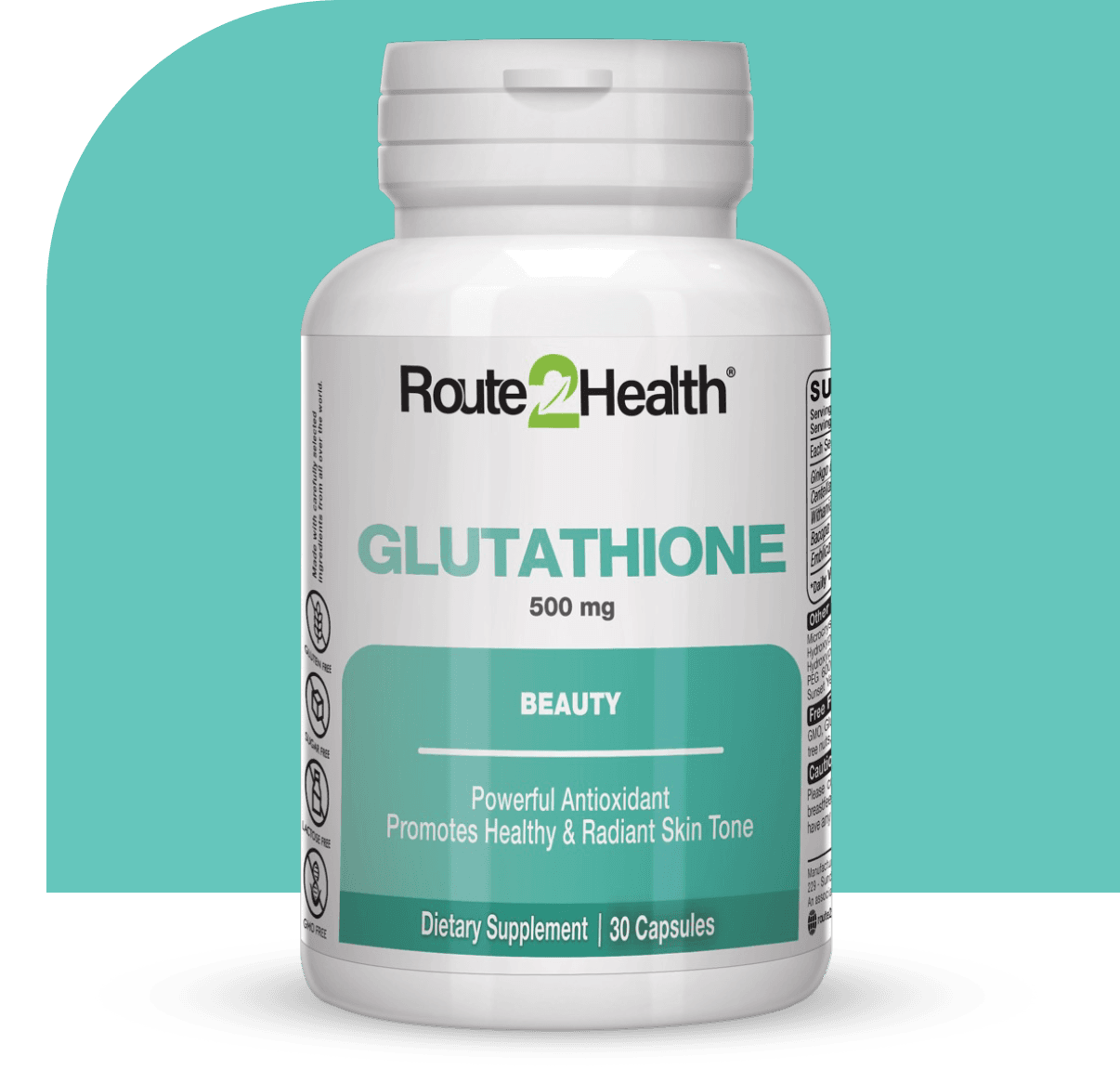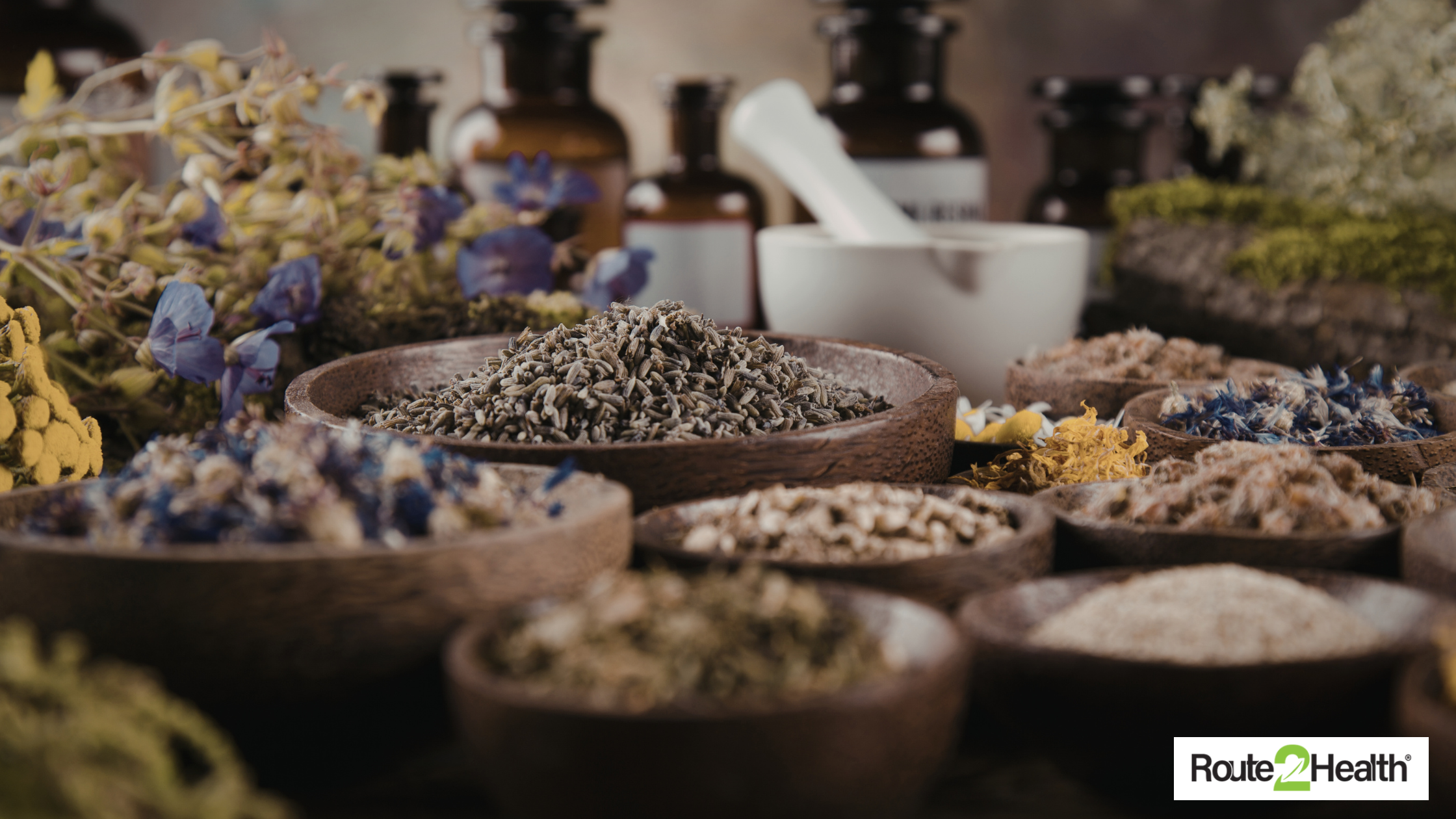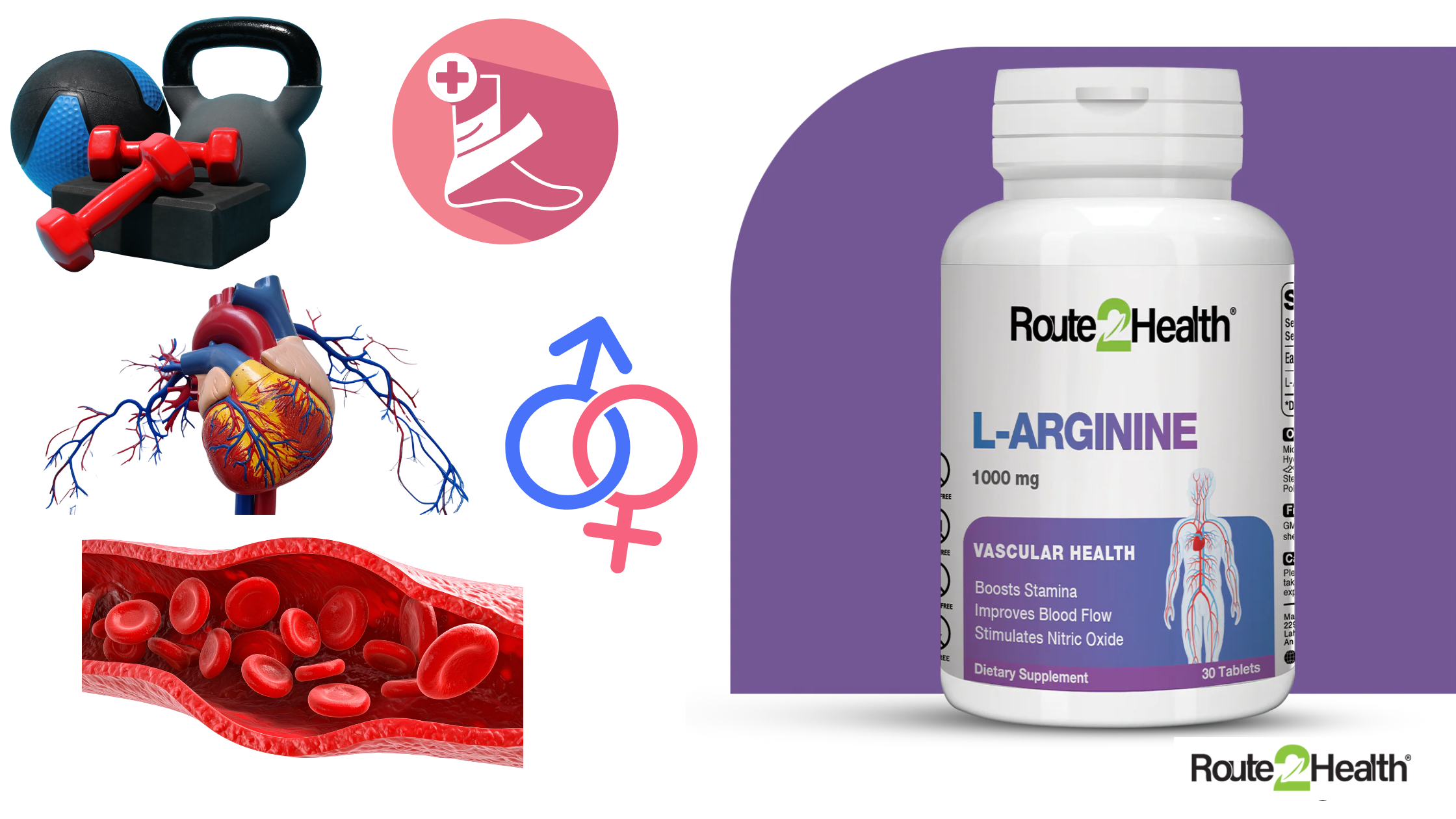Understanding the Importance of Glutathione
Glutathione is often referred to as the “master antioxidant” due to its crucial role in maintaining cellular health. It is a tripeptide composed of three amino acids: glutamine, cysteine, and glycine. Glutathione is found in every cell in the body, protecting them from oxidative stress and damage caused by free radicals.
This powerful antioxidant is essential for various bodily functions, including detoxification, immune system support, and maintaining the health of vital organs like the liver and kidneys. Low levels of glutathione have been linked to a range of health issues, including chronic diseases, weakened immune systems, and accelerated ageing. Therefore, ensuring adequate levels of glutathione is essential for optimal health.
Glutathione is a tripeptide composed of three amino acids: cysteine, glycine, and glutamic acid. It’s synthesized by your liver and plays a pivotal role in various bodily functions.
- Antioxidant Powerhouse: Glutathione neutralizes harmful free radicals, protecting your cells from oxidative stress. This can help prevent chronic diseases such as heart disease, cancer, and neurodegenerative disorders.
- Immune System Booster: A strong immune system relies on adequate glutathione levels. This antioxidant helps regulate immune cell function and fight off infections.
- Detoxification Support: Glutathione aids in the detoxification of harmful substances, including heavy metals and environmental pollutants.
Learn How Glutathione Works In The Human Body.
How to Increase Glutathione in the Body Naturally?
Increasing glutathione levels in the body naturally can be achieved through dietary choices, lifestyle changes, and specific supplements. Here’s how you can do it:
1. Consume Sulphur-Rich Foods
Sulphur is a key component of glutathione, making sulphur-rich foods a vital part of boosting its levels. Foods like garlic, onions, and cruciferous vegetables (such as broccoli, Brussels sprouts, cauliflower, and kale) are excellent sources of sulphur.
Research indicates that these foods can significantly enhance the production of glutathione in the body. A study published in the journal Carcinogenesis shows that consuming cruciferous vegetables increases the activity of enzymes involved in the synthesis of glutathione.
2. Increase Vitamin C Intake
Vitamin C is not only a potent antioxidant on its own but also plays a vital role in maintaining glutathione levels in the body. It helps to regenerate glutathione by converting its oxidised form back into its active state.
A study published in the American Journal of Clinical Nutrition demonstrated that vitamin C supplementation increases glutathione levels in red blood cells and lymphocytes. You can increase your vitamin C intake by consuming citrus fruits, strawberries, kiwi, and bell peppers.
3. Include Selenium-Rich Foods
Selenium is a trace mineral that acts as a cofactor for the enzyme glutathione peroxidase, which is crucial for the function of glutathione. Without adequate selenium, the effectiveness of glutathione can be compromised.
Foods like Brazil nuts, sunflower seeds, eggs, and fish are rich in selenium. According to a study in the Nephro-Urology Monthly journal, selenium supplementation increased glutathione peroxidase activity, enhancing glutathione’s antioxidant capacity.
4. Eat Foods High in Alpha-Lipoic Acid
Alpha-lipoic acid (ALA) is another compound that helps regenerate glutathione and increases its levels in the body. ALA is both water and fat-soluble, allowing it to work throughout the body, including the brain. Foods rich in ALA include spinach, broccoli, tomatoes, and peas.
5. Get Enough Sleep
Sleep is an often overlooked but essential factor in maintaining and boosting glutathione levels. Lack of sleep increases oxidative stress, which can deplete glutathione levels.
Research shows that sleep deprivation significantly reduces glutathione levels in the brain and liver. Therefore, getting 7-9 hours of quality sleep each night is crucial for maintaining healthy glutathione levels.
6. Exercise Regularly
Regular physical activity is known to enhance the body’s antioxidant defences, including glutathione. Exercise stimulates the production of glutathione and helps to maintain its levels. Moderate-intensity exercise increases glutathione levels in the blood. Incorporating activities such as jogging, swimming, or cycling into your routine can be beneficial.
Consider Glutathione Supplementation
While natural methods are effective, sometimes supplementation can provide an additional boost, especially if your levels are low. Glutathione supplements, like the 500 mg Glutathione by Route2Health, can help maintain optimal levels and provide the body with a readily available source of this antioxidant.
It’s important to consult with a healthcare professional before starting any new supplement regimen to ensure it’s appropriate for your specific health needs.
Conclusion: Boost Your Glutathione Naturally
Now that you have an answer to “How to increase glutathione in the body naturally?” it is time to take a practical step. Incorporating the above strategies into your daily routine can naturally increase glutathione levels in your body, promoting better health, stronger immunity, and overall well-being. From consuming sulphur-rich and selenium-rich foods to getting enough sleep and exercising regularly, these natural methods are simple yet effective.
For those seeking an extra boost, consider adding a supplement like the 500 mg Glutathione by Route2Health to your regimen. Remember, maintaining optimal glutathione levels is key to protecting your cells, fighting off diseases, and enjoying a healthier, more vibrant life.
Start your journey towards better health today by naturally increasing your glutathione levels. Your body will thank you for it!
FAQs
1. How to increase glutathione in the body naturally?
To increase glutathione levels naturally you should take foods rich in sulphur, selenium, vitamin C and alpha-lipoic acid. You must also exercise regularly and take atleast 7 hours of sleep.
2. What foods naturally increase glutathione levels?
Sulphur-rich foods like garlic, onions, and cruciferous vegetables (broccoli, kale, cauliflower), as well as foods high in selenium (Brazil nuts, fish) and alpha-lipoic acid (spinach, tomatoes), help increase glutathione levels naturally.
3. Can exercise boost glutathione levels?
Yes, regular moderate-intensity exercise stimulates the production of glutathione and enhances the body’s antioxidant defences.
4. Does sleep affect glutathione production?
Yes, adequate sleep is crucial for maintaining healthy glutathione levels, as sleep deprivation can deplete them and increase oxidative stress.
5. Is vitamin C good for glutathione levels?
Yes, vitamin C helps regenerate glutathione in its active form and boosts overall glutathione levels in the body.
6. Can supplements increase glutathione naturally?
Yes, supplements like the 500 mg Glutathione by Route2Health can help raise glutathione levels, especially when combined with a healthy diet and lifestyle.
























































